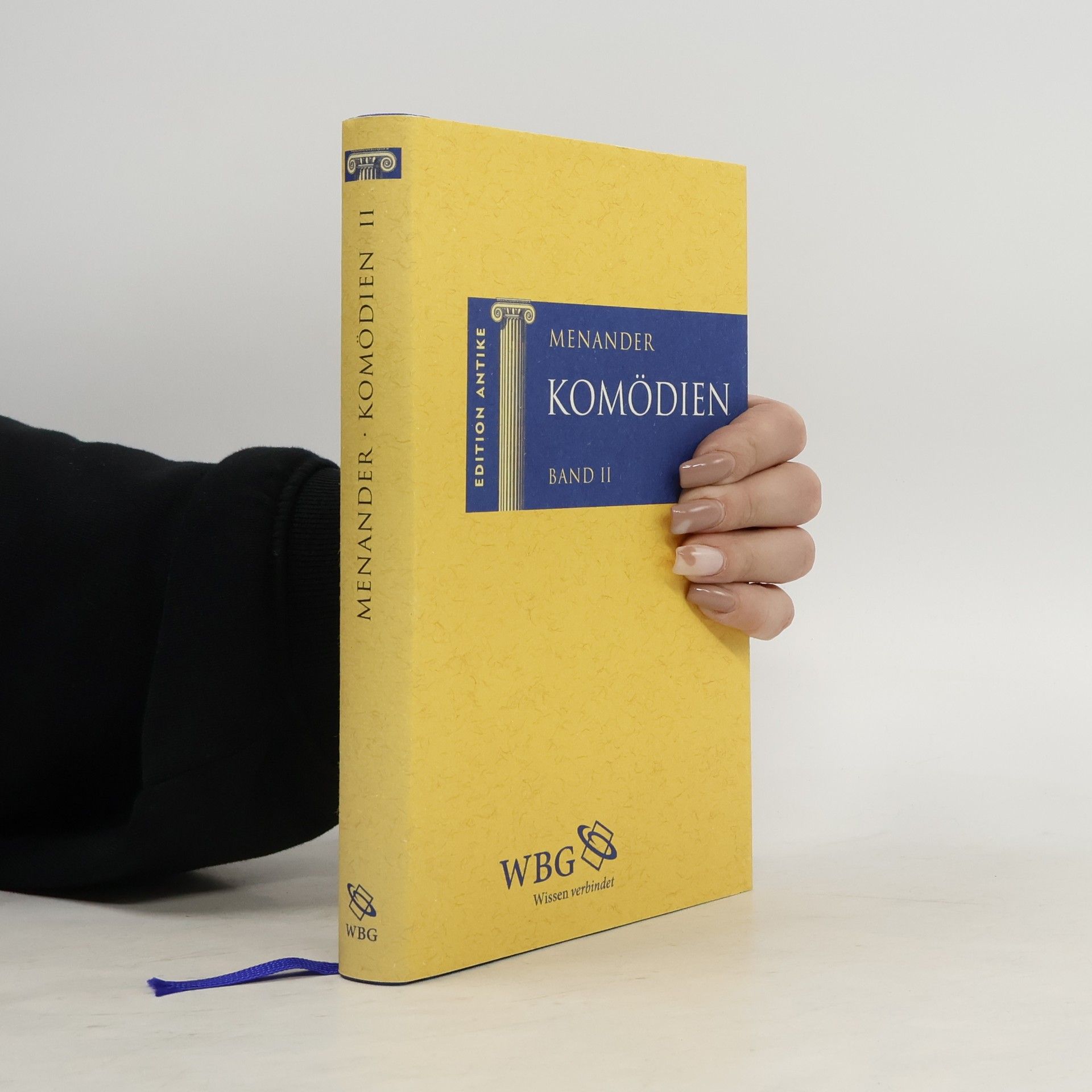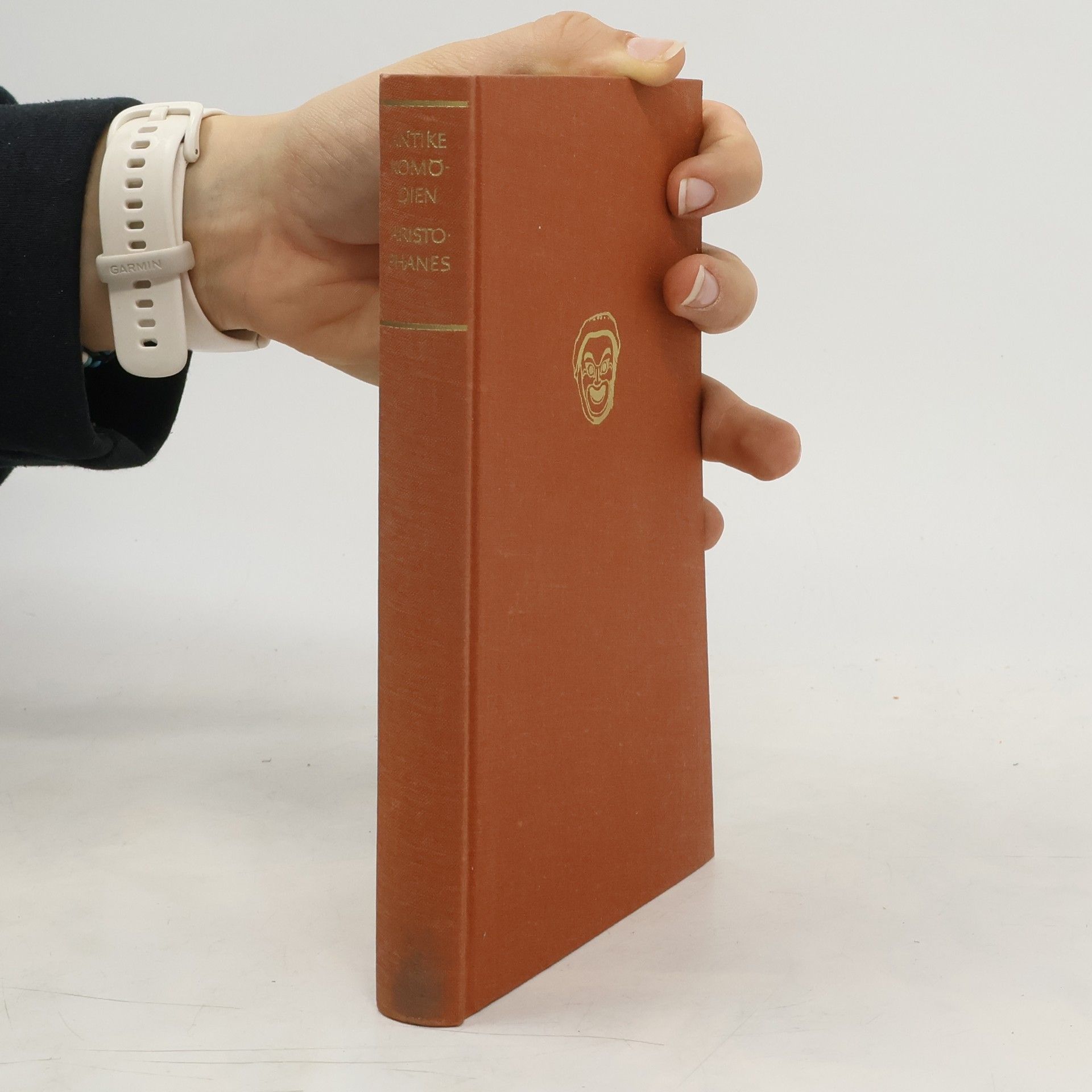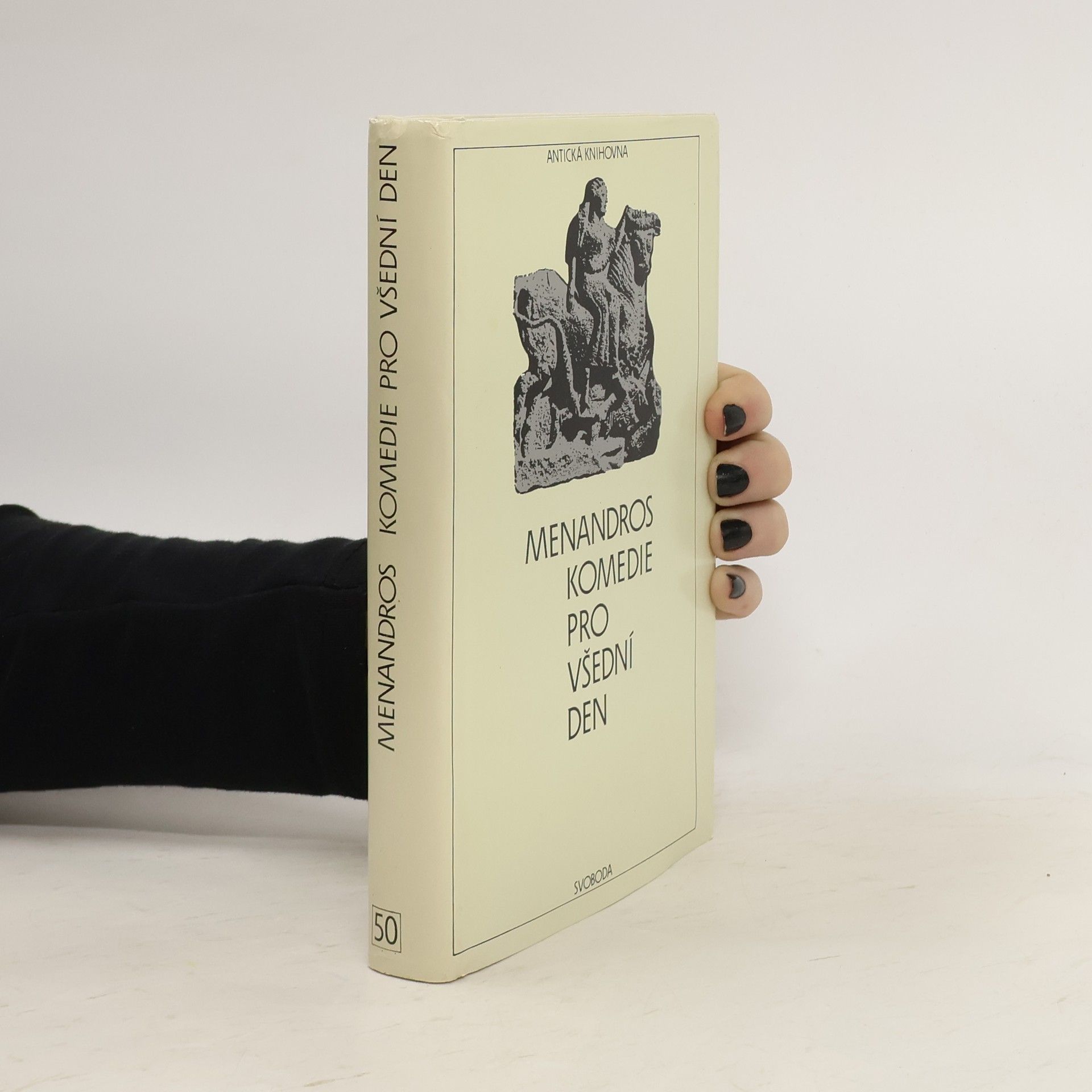Menander Book order (chronological)
Menander, the most celebrated exponent of Athenian New Comedy, hailed from a prosperous background, likely inheriting his flair for comic drama from his uncle Alexis. His works are renowned for their keen observation of human nature and social dynamics, often delving into themes of love, family, and fate. Through witty dialogue and intricate plots, Menander offered timeless insights into the human condition that continue to resonate. His influence on the evolution of comedy is significant, laying the groundwork for many dramatic conventions that became staples of European theater.


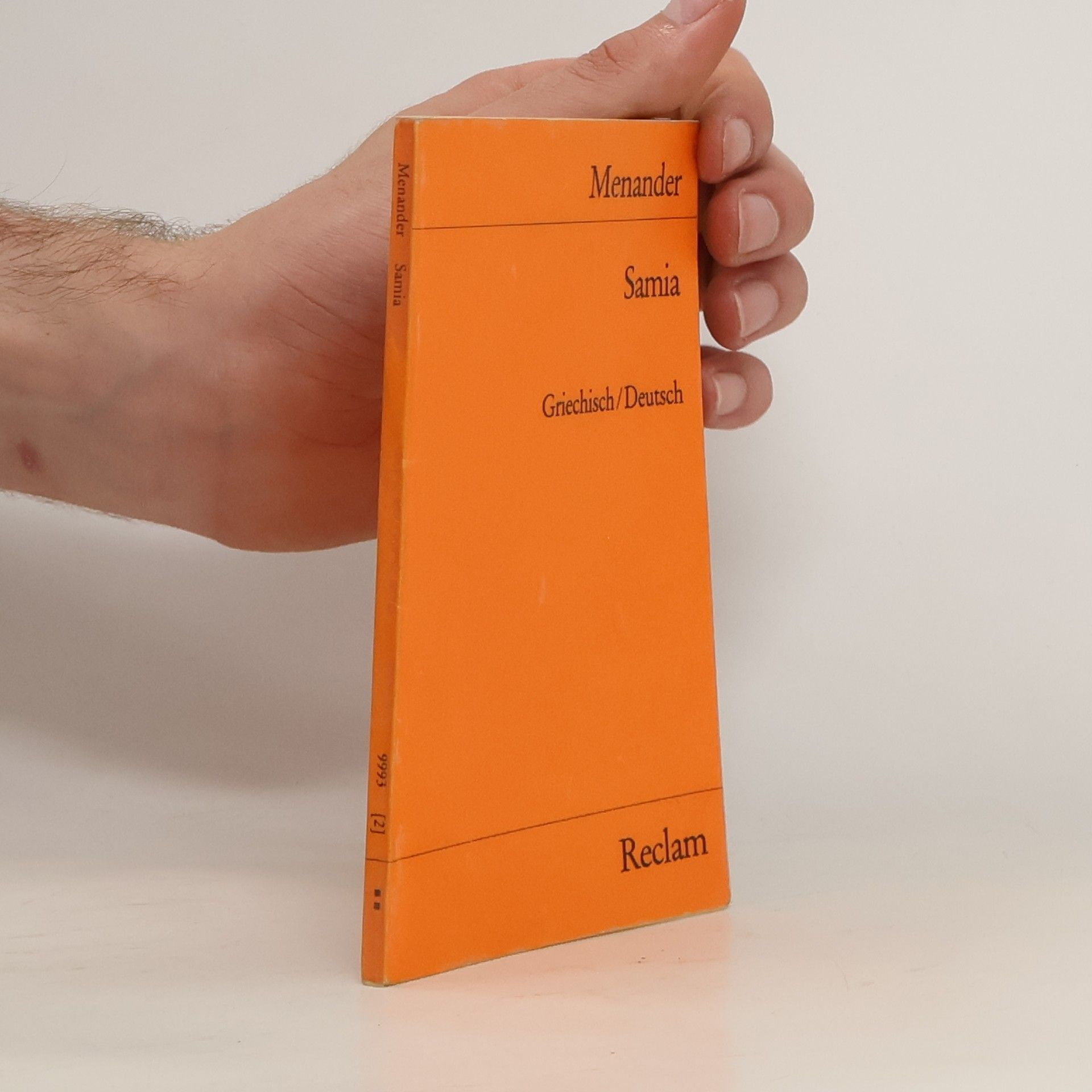
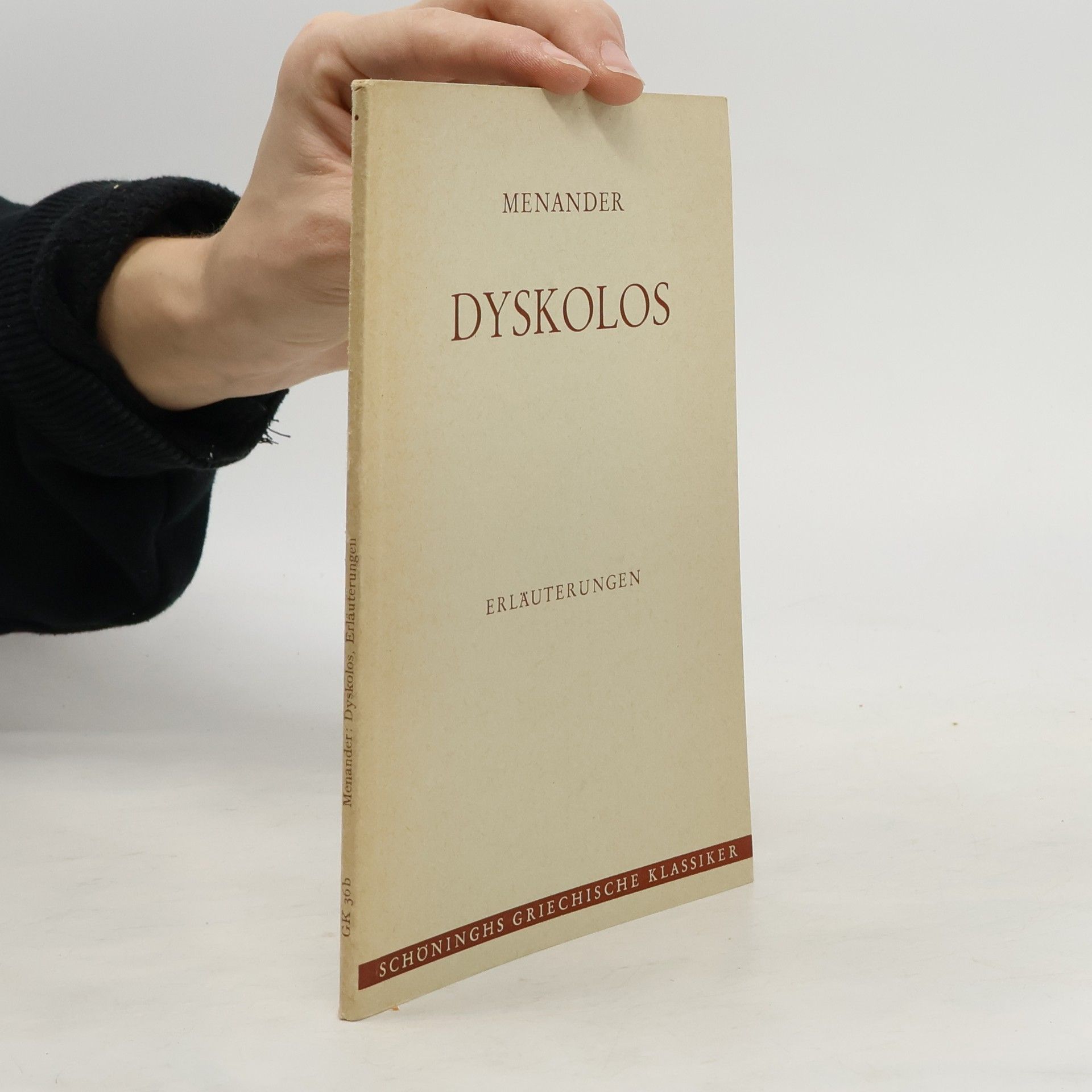
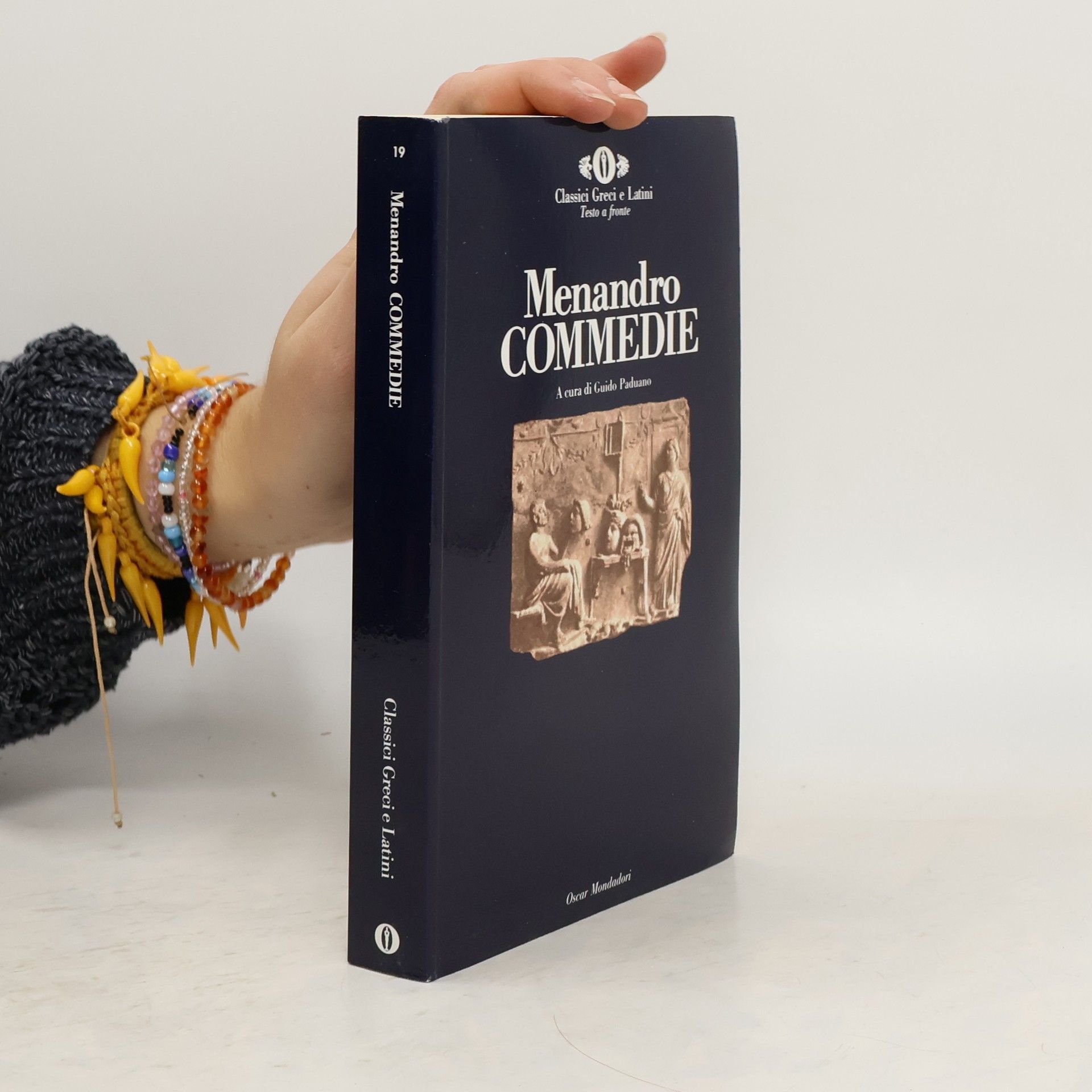
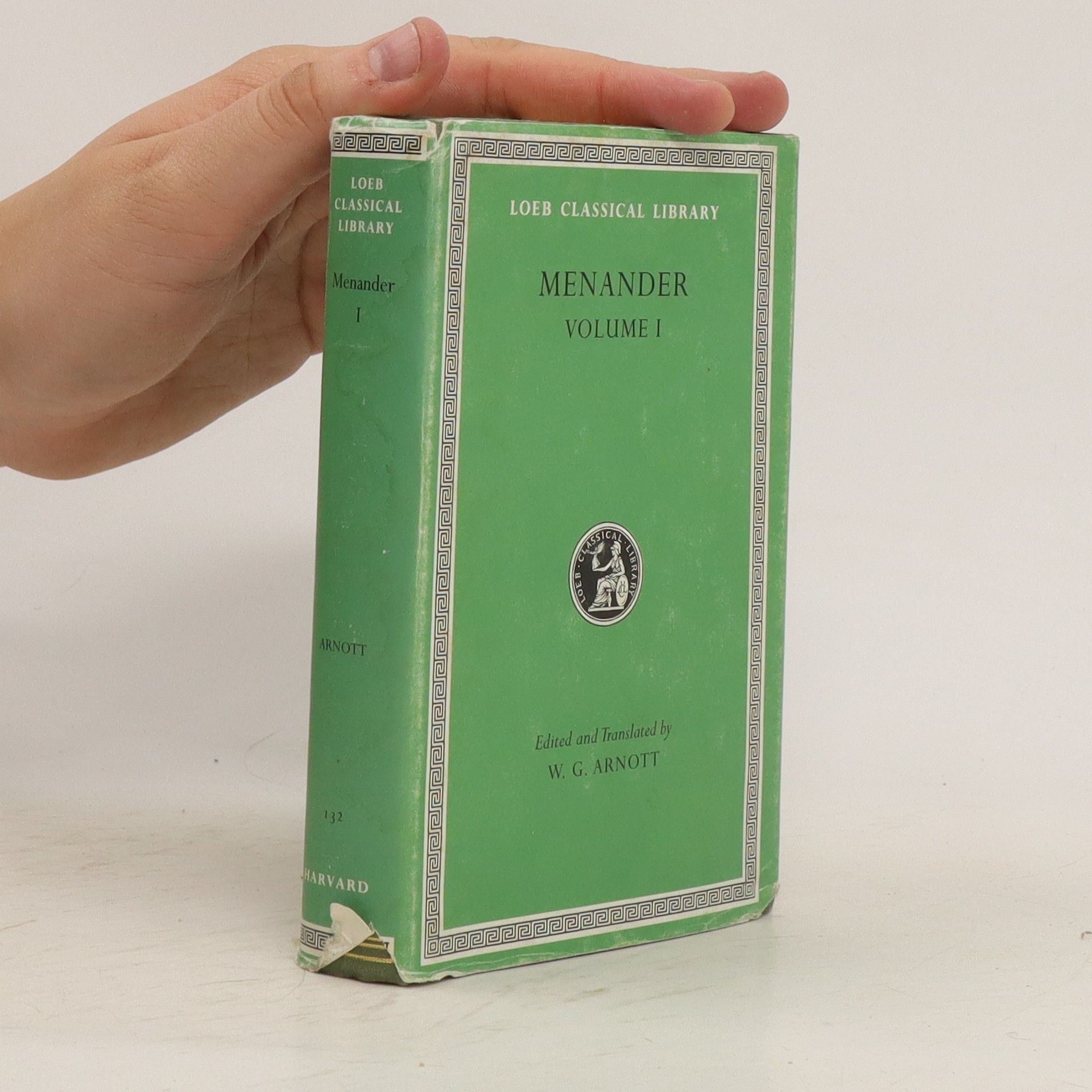
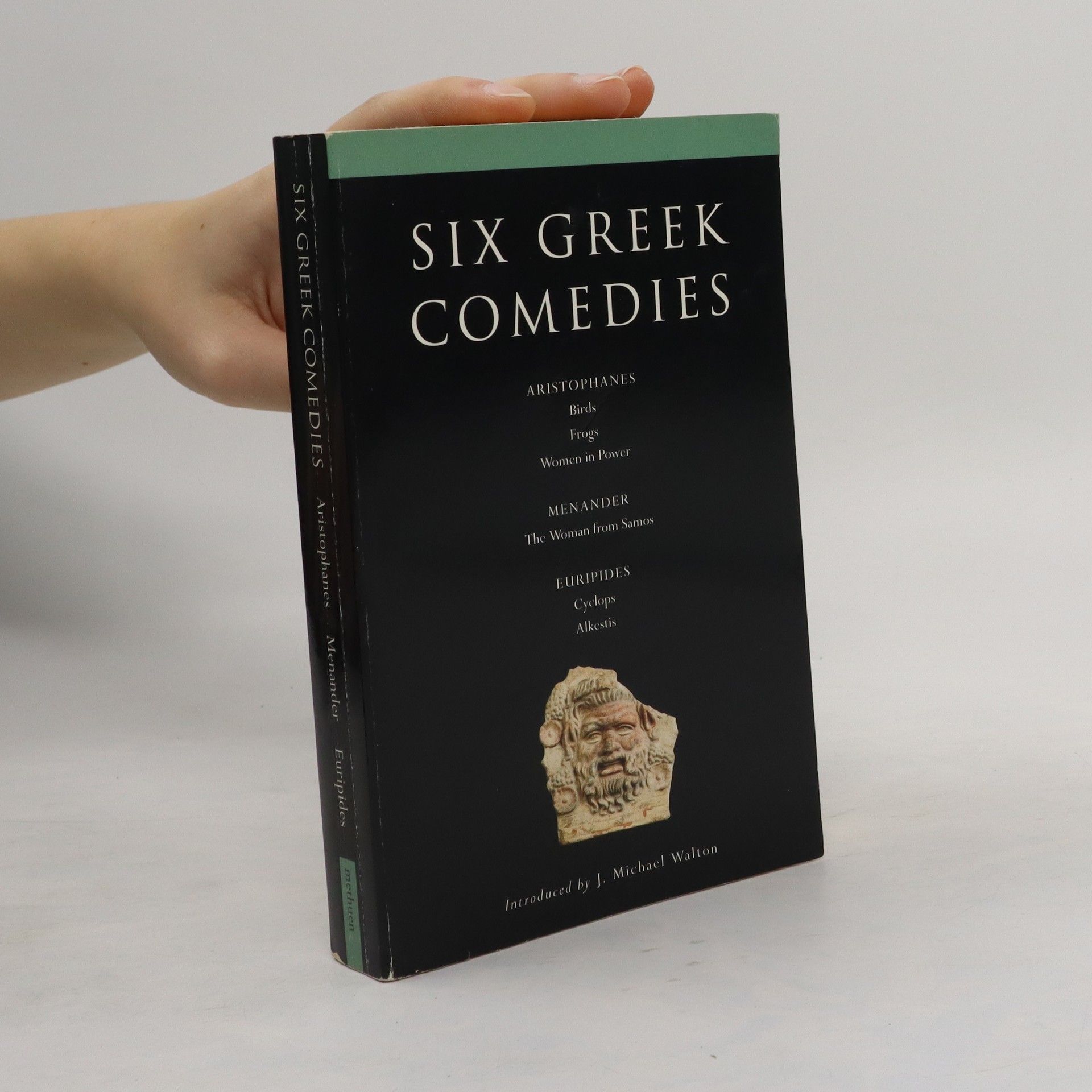
Komödien
- 262 pages
- 10 hours of reading
Contiene: Lo scudo, Il misantropo, L'arbitrato, La donna tosata, La donna di Samo Testo greco a fronte L’opera di Menandro, che sembrava essere completamente perduta, è stata in parte recuperata nel nostro secolo grazie a ricerche papirologiche. Questo volume raccoglie le cinque commedie in cui è recepibile una struttura drammatica chiara e consistente. In una Atene definitivamente sottomessa ad Alessandro e nella quale il distacco dalla politica accentua l'individualismo e le quiete aspirazioni borghesi, Menandro porta sempre sulla scena tensioni e turbamenti del nucleo familiare: una fanciulla sedotta, un matrimonio contrastato, la gelosia tra coniugi. Non più quindi la robusta comicità di Aristofane, ma il tenue sorriso del poeta per il quale l’individuo, la cui vita è dominata dal capriccio del caso, può solo esercitare un equilibrato raziocinio che trovi conferma nella solidarietà umana.
Six Greek Comedies
Birds. Frogs. Women in Power. The Woman from Samos. Cyclops. Alkestis
- 256 pages
- 9 hours of reading
Six wide ranging classic plays with introduction by the editorThe comedies of the Athenian theatre not only lie at the root of Western drama, they also offer a unique insight into everyday life in ancient Greece. This selection of six wide ranging plays includes the comic fantasies of Aristophanes, which combine the ridiculous with serious satirical comment (Birds, Frogs, Women in Power); Menander's The Woman from Samos, a recognisable forebear of today's situation comedy; Euripides ribald satyr play, Cyclops, the only surviving example of the genre, and his Alkestis, a complex romance which gave a new face to comedy.The volume is edited and introduced by J. Michael Walton, Professor of Drama at the University of Hull and founder/director of the Performance Translation Centre there.
Sammlung von Werken antiker Komödienschreiber wie Aristophanes, Menander und Plautus, herausgegeben von Jürgen Werner. 685 Seiten, 3. Auflage.
Tento reprezentativní soubor Menandrova díla obsahuje téměř vše, co se z Menandrova díla dochovalo - a to nejen komedie, ale i výbor z tzv. menandrovských úsloví. Český čtenář má příležitost seznámit se z výše zmíněnými nálezy, jež patří k největším literárním objevům 20. století, a dostatečně nahlédnout do dílny autora, který ve své době nebyl příliš úspěšný, ale zásadně ovlivnil římskou komedii prostřednictvím Plauta a Terentia i komedii moderní.
Menander. Vol. 1
- 592 pages
- 21 hours of reading
MENANDER (?344/3-292/1 B.C.) of Athens was the leading playright of the 'New Comedy', a type of drama which has influenced the modern 'Comedy of Manners' and (indirectly at least writers as disparate as Oscar Wilde and P.G. Wodehouse. Menander wrote more than 100 plays, but did not become a star until after his death. Many of his comedies were adapted by Roman dramatists. By the middle ages, however, his works were lost, apart from quotations like 'He whom the gods love dies while still a youngster.' Then at the end of the nineteenth century, papyrus texts, preserved from antiquity by the dry heat of Egypt, began to be discovered. These have yielded so far one play virtually complete (Dyskolos), large continuous portions of four more (Aspis, Epitrepontes, Perikeiromene, Samia), and sizable chunks of many others. Menander remains a paradox: artificial plots based on unlikely but conventional coincidences, enlivened by individualised characters, realistic situations and at times deeply moving dialogue. 'Menander and life, which of you imitated the other?'
